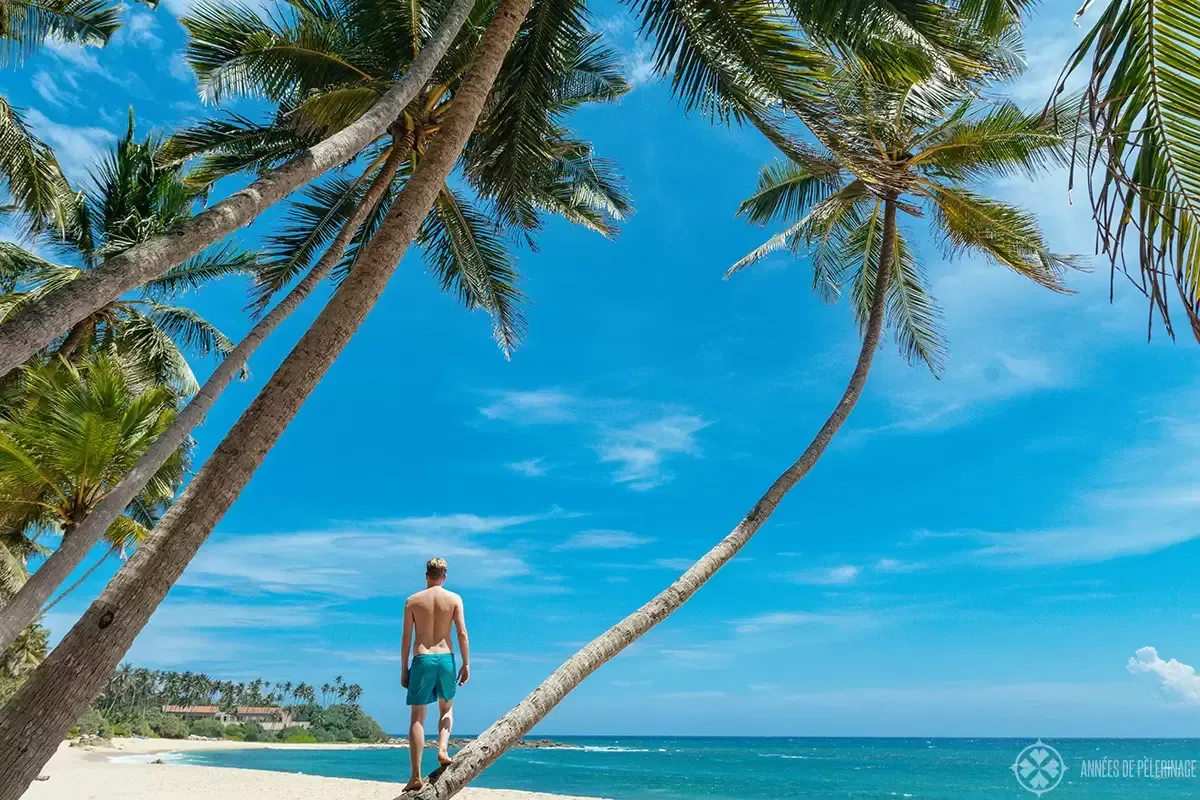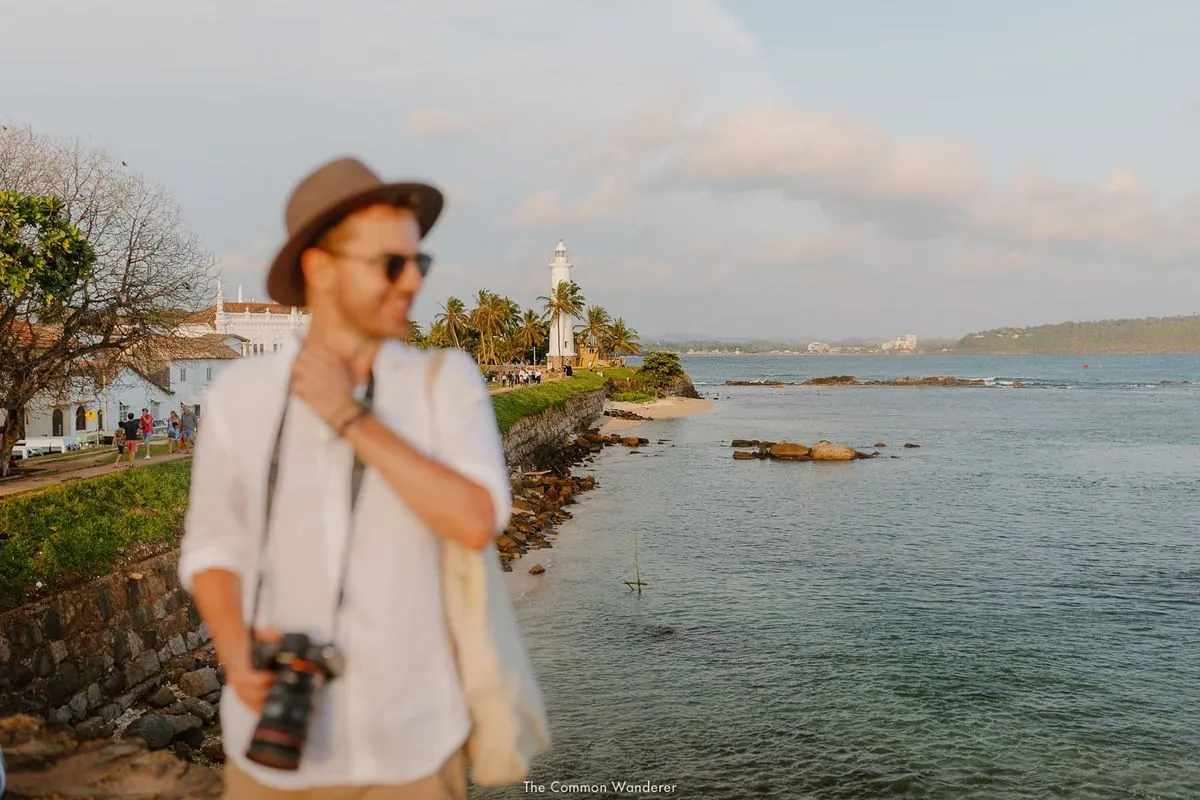Sri Lanka's Tourism Sector Rebounds Amid Economic Recovery Challenges
Sri Lanka's tourism industry shows signs of recovery post-economic crisis, but challenges persist. As presidential elections approach, candidates promise economic reforms and tourism growth, crucial for the nation's stability.

Sri Lanka's tourism sector is experiencing a gradual resurgence following the nation's most severe economic crisis in recent history. However, the road to full recovery remains challenging for this island nation of 22 million people.
In the historic city of Galle, known for its UNESCO World Heritage Site fort, businesses are slowly regaining momentum. Tariq Nassim, owner of 'Dairy King', an ice cream parlor within the fort, exemplifies the struggles faced by many entrepreneurs. His 13-year-old business, which offers 22 flavors of homemade ice cream, was severely impacted by both the 2022 financial crisis and the COVID-19 pandemic.
"We haven't been able to get back the pre-COVID business. I don't know when it will come back."
The tourism industry, a vital contributor to Sri Lanka's foreign exchange earnings, is striving to reach its pre-crisis levels. In 2024, the country aims to generate $3 billion from 2 million tourist arrivals, matching the figures from 2019. This goal underscores the sector's importance, which directly employs 205,000 people and contributed 2.5% to the GDP in 2023.

Sri Lanka's economic recovery hinges on the policies of the incoming president, to be elected in the upcoming polls. Industry leaders emphasize the need for competent leadership to ensure continued progress. M. Shanthikumar, president of the Hotels Association of Sri Lanka, stresses the importance of appointing capable individuals to key positions.
The nation's economy, famous for its tea exports and beautiful beaches, was devastated by the crisis, which saw inflation soar to 70% and severe shortages of essential goods. These hardships led to widespread protests, forcing then-president Gotabaya Rajapaksa to flee the country temporarily.
Under Prime Minister Ranil Wickremesinghe, Sri Lanka has begun a tentative recovery, supported by a $2.9 billion IMF bailout and the restructuring of $25 billion in foreign debt. The economy is projected to grow by 3% in 2024, a significant improvement from the 7.8% contraction during the crisis.
Tourism industry stakeholders have a list of demands for the new administration, including improved facilities, stronger marketing efforts, and streamlined visa processes. Hiran Cooray, chairman of Jetwing Symphony, emphasizes the critical role of safety and stability in attracting tourists.
The main presidential candidates, including Wickremesinghe, opposition leader Sajith Premadasa, and Anura Kumara Dissanayake, have all pledged to address economic issues and boost tourism. Their approaches vary, with promises ranging from infrastructure upgrades to the establishment of new tourism governance agencies.
As Sri Lanka navigates its path to economic stability, the tourism sector's recovery remains crucial. The nation's rich cultural heritage, including eight UNESCO World Heritage Sites, and its status as a biodiversity hotspot with a tropical climate, continue to be major draws for international visitors. The upcoming presidential election will play a pivotal role in shaping the country's economic future and the resurgence of its vital tourism industry.


































